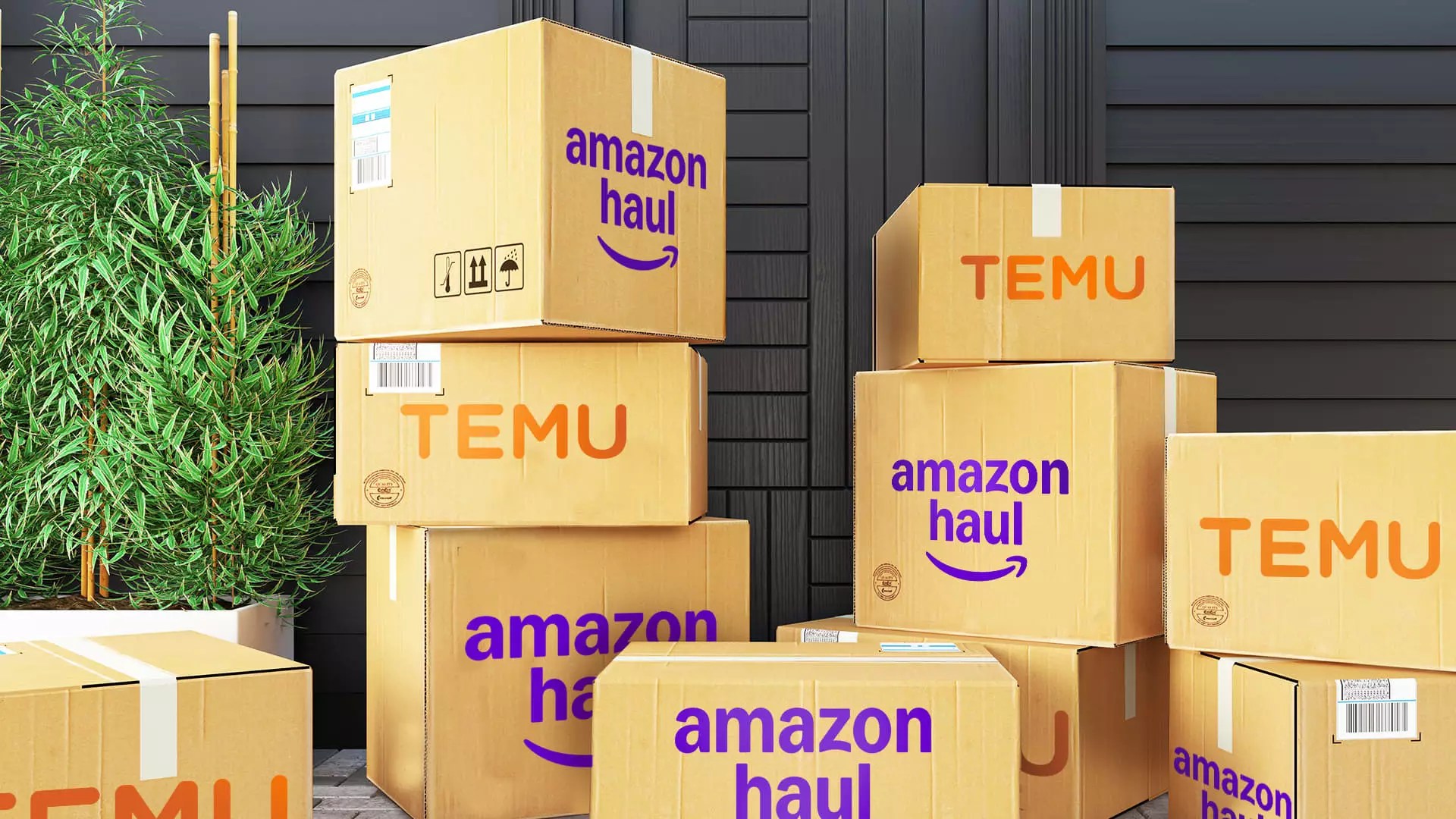Amazon is preparing to take its discount shopping platform, Haul, beyond the United States. Despite its recent launch in November, the company’s ambition to roll out this initiative globally has raised eyebrows. While the concept of providing low-cost items in a single online destination seems like a no-brainer, the mechanics behind it could prove problematic. From sustainability concerns to market competition, multiple facets are at play that may hinder Haul’s success abroad.
Haul’s Premise: A Double-Edged Sword
The core idea behind Haul is simple yet potent: an irresistible selection of ultra-low-priced products, mirroring the models of successful competitors like Temu and Shein. However, this model is a double-edged sword. It is one thing to offer aggressive pricing, but quite another to sustain profitability while maintaining quality and ethical sourcing. The race to the bottom in prices often leads to compromised quality and ethical dilemmas, particularly when most of Haul’s inventory comes from China. As consumers increasingly demand transparency, how will Amazon navigate the murky waters of product origins and ethical sourcing?
The Sustainability Dilemma
One major hurdle Amazon faces in launching Haul in Europe is its commitment to sustainability. The company has invested heavily in eco-friendly packaging and a more environmentally responsible operation—an investment sharply contradicted by Haul, which is likely to rely on plastic packaging for its shipments. This poses a critical question: Can Amazon reconcile its sustainability goals with the pressures of competitive pricing? The backlash from environmentally-conscious consumers and regulations from European authorities may deter buyers even before Haul formally sets up shop in these markets.
Market Competition: The Underdog Fight
Amazon’s Haul will enter a fierce battlefield against established players like Temu and Shein, who have already cemented their presence in the low-cost retail landscape. Some might say that Amazon’s brand recognition offers a significant advantage; however, it has also witnessed backlash regarding its working conditions and corporate practices. Will consumers switch their loyalties to Haul just because it’s from Amazon, or will they continue to flock to competitors they perceive as more aligned with their values? Pricing alone cannot win this war; it will require a nuanced approach to consumer trust and marketing strategies.
Tech Integration: Challenges Ahead
It’s no surprise that Amazon is tapping into its technological prowess to drive the Haul platform. However, the recent job postings for senior development roles indicate the company is still tinkering with its tech solutions, even at this late stage. The ambiguity regarding the level of integration with existing Amazon services—such as Prime and its extensive seller ecosystem—might lead to confusion among potential customers seeking a seamless shopping experience. If technology is to be a backbone of Haul, it must be robust. If not, it risks falling flat.
Ad Revenue Streams: The Hidden Costs
One of the more troubling aspects of Haul’s planned expansion is the shift towards monetization through sponsored listings. While ad revenue is a lucrative kingdom Amazon is already well-versed in, flooding consumers with sponsored items can detract from the user experience. Savvy shoppers may be jaded by the “…buy this, buy that” mentality that seems to pervade many platforms today. There’s a real risk that Amazon’s pursuit of profit may alienate its users, making them question whether they are truly getting the best deal or just the best-placed promotions.
Political Headwinds: A Looming Threat
In an era dominated by geopolitical tensions, especially between the U.S. and China, Amazon’s reliance on Chinese suppliers may be a considerable liability. The recent changes to the de minimis rule under Trump’s administration reflect a volatile landscape where legislation can shift abruptly. Should tariffs escalate or new barriers emerge, Amazon’s promises of low prices may crumble as operational costs rise. The geopolitical climate could very well create a scenario where Haul becomes more of a liability than an asset, especially in foreign markets.
Though the excitement around Amazon’s Haul is palpable, several hurdles might derail its anticipated success in Europe and beyond. With competition heating up, sustainability in question, and external political factors looming large, the road ahead presents numerous challenges. It may be a high-stakes gamble for Amazon that could either reinforce its stronghold in the retail space or serve as a cautionary tale of overreaching.


Leave a Reply